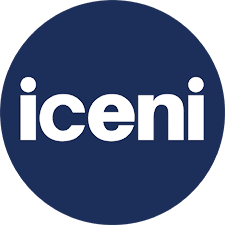Fulfilling an archaeology engagement condition should not merely be treated as a box ticking exercise, but as a genuinely important element in delivering for community and place
How can we bring value to archaeology planning conditions and leave a lasting legacy for communities?
The public’s fascination with archaeology and its thirst to ask questions about how people lived in the past is well known. Local Plans have increasingly called for archaeological finds to be better communicated with the wider public. Asking people to engage in a discussion about archaeological conditions is probably about as dry as the Dead Sea Scrolls, so we need to think about how we can harness people’s natural curiosity in their local history to reach wider and more diverse audiences.
Local Authorities and Archaeological Advisers have proven they are open to innovative and new ways of engaging the public with archaeological work. Whether this is via public talks, education outreach in schools or open days for on-site visits. Nothing is more illuminating than coming face to face with the places where people ate, lived and worked staring right back at us. Many projects go one step forward and merge the two – incorporating the archaeology of the site within the proposed development so that the past continues to shape the spaces of the future.
More recently, with opportunities for physical interaction with the general public being limited, digital platforms have come to the fore allowing for a large increase in the number of persons which we can engage with and crucially, allowing for a more diverse audience. The glass panels of the museum display have been removed and audiences who would often be on the periphery have access to material for the first time.
Fulfilling an archaeology engagement condition should not merely be treated as a box ticking exercise, but as a genuinely important element in delivering for community and place.
If you would like to know more about the value of archaeology in relation to engagement or want to know the archaeological potential of your site, do get in touch.


